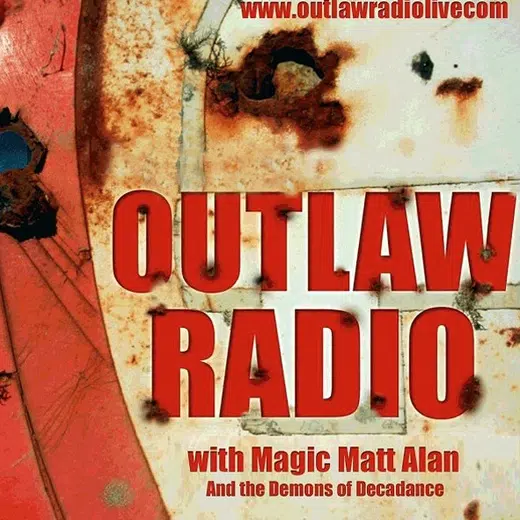MOSCOW (Reuters) – An ally of jailed Kremlin critic Alexei Navalny said on Thursday his team could no longer organise formal street protests after a Russian state crackdown, but that “spontaneous” protests would take their place.
The comments, by Lithuania-based Leonid Volkov, are the latest sign that a legal onslaught against Navalny’s movement has forced it to rethink the way it does things.
Navalny, President Vladimir Putin’s most prominent domestic critic, was jailed in February. His arrest the previous month sparked nationwide protests at which police arrested thousands of people after declaring the rallies illegal.
After a pause, Navalny’s team staged a protest last month to demand proper medical care for Navalny while he was on hunger strike in prison. Turnout was more modest than expected.
With the movement about to be declared “extremist”, Volkov said formal protests were no longer an option.
“It’s hard to imagine that new protests will happen in the same format that we got used to from 2017-21: when a date was announced in advance and preparations in dozens of towns got under way,” Volkov wrote on the Telegram messenger service.
“But since it’s obvious that the fundamental reasons for protesting are not going away … it’s clear that the protests will not go away. It’s just that if there are no organisers, they will break out spontaneously.”
During a virtual discussion organised by the University of Chicago on Wednesday, Volkov predicted Russian opposition protests would start to resemble those that erupted in Tunisia in 2011 and eventually toppled a veteran leader.
The Levada Center, an independent pollster, published data on Thursday indicating public support for street protests backing Navalny had fallen to 16% of the population in April from 22% in January.
Navalny’s allies have suspended the work of his network of regional campaign offices, which has been added to a list of organisations said to be involved in “terrorism and extremism”, but Volkov has said they are capable of regrouping.
Navalny, who last year survived what German doctors said was a nerve agent poisoning, is serving a 2-1/2 year jail sentence for violations of parole terms on a suspended sentence he had been serving on embezzlement charges that he says were trumped up.
(Reporting by Gabrielle Tétrault-Farber and Anton Zverev; Editing by Andrew Osborn and Timothy Heritage)




